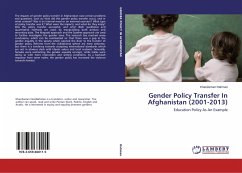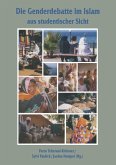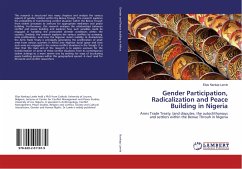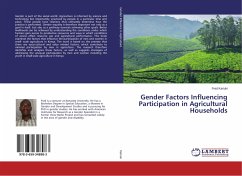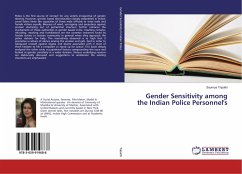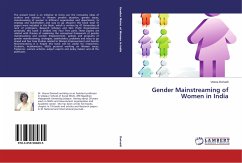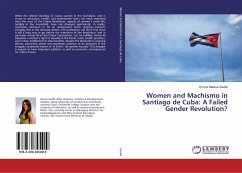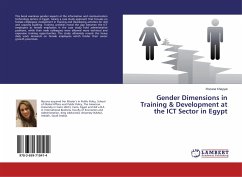The impacts of gender policy transfer in Afghanistan raise certain problems and questions, such as: How did the gender policy transfer occur, and in what context? Was it an internal need or an external coercion? What type of policy transfer was it? What were the impacts, and what do they imply? Was the policy transfer successful, and why? Both qualitative and quantitative methods are used, by manipulating both primary and secondary data. The Maqasid approach and the Systems approach are used to further investigate the gender issue. The research has reached some conclusions, which can be summarised as: that there was a gap in the gender equality in the society which opened the door to the transfer of gender policy. Reforms from the civilizational sphere are most welcome, but there is a tendency towards accepting international standards which are not in obvious clash with Islamic values and local customs. Generally, females were welcoming the gender equality concept, while males were doing so with more reservation and setting conditions. As a backlash response from some males, the gender policy has increased the violence towards females.
Bitte wählen Sie Ihr Anliegen aus.
Rechnungen
Retourenschein anfordern
Bestellstatus
Storno

